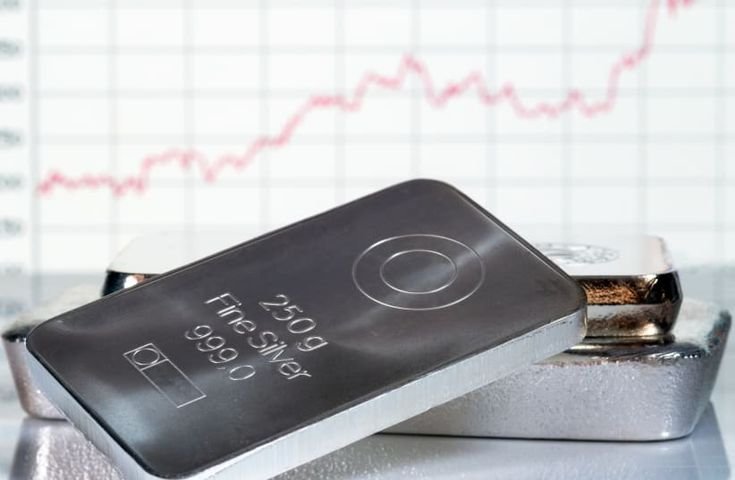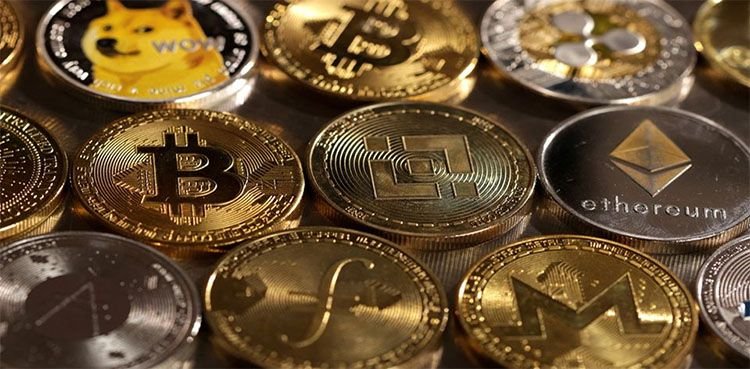Cryptocurrency has become a cornerstone of investment in South Korea, a nation renowned for its rapid technological adoption and vibrant financial ecosystem. A recent survey conducted by Korean news outlet News1 revealed that Bitcoin remains the most favored cryptocurrency among South Korean investors, while XRP has overtaken Ethereum to secure the second spot in popularity. This report highlights the dynamics of the South Korean crypto market, the challenges facing the national economy, and the implications for global cryptocurrency adoption.
The Survey: Bitcoin and XRP Dominate Preferences
The survey, conducted from December 24 to 26, 2024, gathered responses from over 5,220 investors. Participants were asked to rank their top crypto choices among the 10 largest cryptocurrencies by market capitalization in South Korea.
Key Findings:
- Bitcoin: Maintained its longstanding position as the most popular cryptocurrency.
- XRP: Surpassed Ethereum, taking the second spot, reaffirming its status as a favorite among South Korean investors.
- Ethereum: Secured third place, reflecting its continued relevance but trailing behind XRP.
Bitcoin’s dominance in the survey is no surprise, given its status as the pioneer of the cryptocurrency industry. However, XRP’s rise to second place is noteworthy. The token, often called the “favorite coin” by Korean investors since 2017, has displayed remarkable resilience, even amid Ripple’s legal battle with the U.S. Securities and Exchange Commission (SEC).
XRP’s Popularity in South Korea: A Historical Perspective
South Korea has always been a stronghold for XRP. The token’s affordability, speed, and utility in cross-border transactions have made it a preferred choice for both retail and institutional investors in the country.
Resilience Amid Legal Challenges
XRP’s popularity persisted even during Ripple’s prolonged legal battle with the SEC. The lawsuit, which accused Ripple of selling XRP as an unregistered security, created uncertainty around the token’s regulatory status. Despite this, South Korean investors continued to back XRP, demonstrating unwavering confidence in its potential.
In 2024, XRP’s price surged by an impressive 400%, reaffirming its value proposition and solidifying its position in the market. The rally was fueled by optimism surrounding Ripple’s legal progress and increased adoption of XRP in payment systems.
Bitcoin: The Undisputed Leader
Bitcoin’s enduring popularity in South Korea can be attributed to its global dominance, institutional acceptance, and status as a store of value. South Korean investors view Bitcoin as a reliable asset, often likened to digital gold, making it a preferred choice for long-term investment.
Market Trends
Bitcoin has consistently been the top cryptocurrency in South Korea, driven by its first-mover advantage and robust market infrastructure. The token’s performance in 2024 further cemented its position as the leader, with significant price gains and trading volumes.
Ethereum: Losing Ground to XRP?
While Ethereum remains a powerhouse in the crypto world, its position in South Korea has weakened relative to XRP. Factors contributing to Ethereum’s decline in the South Korean market include:
- Rising Competition: XRP’s efficiency in cross-border payments and Solana’s scalability have challenged Ethereum’s dominance.
- High Gas Fees: Ethereum’s transaction costs remain a concern, making it less attractive for smaller investors.
- Shifts in Investor Preferences: South Korean investors have shown a growing preference for tokens with immediate utility and lower costs.
Despite these challenges, Ethereum’s strong developer community and its role in powering decentralized applications (dApps) ensure its continued relevance in the global crypto ecosystem.
Economic Challenges in South Korea: A Warning from CryptoQuant
While the South Korean crypto market is thriving, the national economy is facing mounting challenges. CryptoQuant CEO Ki Young Ju expressed concerns about the country’s economic policies, highlighting the following issues:
1. Rising Value of the Korean Won
The strengthening Korean Won has made domestic assets less attractive to both local and foreign investors. This trend could dampen investment in traditional markets, pushing more investors toward alternative assets like cryptocurrencies.
2. Tether’s (USDT) Value on Upbit
Ki Young Ju pointed out that Tether’s value on Upbit, a major South Korean exchange, has reached parity with the International Monetary Fund (IMF) rate. While this might seem like a positive development, it could signal declining trust in traditional financial instruments and a shift toward stablecoins as a hedge against economic instability.
3. Attractiveness of Cryptocurrencies
In an environment where domestic assets are perceived as less lucrative, cryptocurrencies have emerged as a viable alternative. The growing popularity of Bitcoin and XRP underscores this shift, as investors seek opportunities outside traditional markets.
The Role of Upbit in South Korea’s Crypto Ecosystem
Upbit, one of the largest cryptocurrency exchanges in South Korea, plays a critical role in shaping the local market. The platform’s trading volumes and pricing trends serve as key indicators of investor sentiment and market dynamics.
Tether on Upbit
The increasing value of Tether on Upbit highlights the demand for stablecoins among South Korean investors. This trend reflects a desire for stability in a volatile economic environment and underscores the growing importance of crypto assets in wealth preservation.
Global Implications: What South Korea’s Crypto Market Reveals
South Korea’s crypto market offers valuable insights into broader trends in the cryptocurrency industry. The country’s enthusiasm for digital assets, particularly Bitcoin and XRP, reflects a global shift toward alternative investments driven by technological innovation and economic challenges.
1. Resilience of XRP
XRP’s popularity in South Korea highlights its potential as a global leader in cross-border payments. The token’s resilience amid legal and market challenges positions it as a strong contender in the evolving crypto landscape.
2. Bitcoin’s Universality
Bitcoin’s enduring appeal in South Korea mirrors its status as the most widely adopted cryptocurrency worldwide. Its role as a store of value and hedge against inflation ensures its continued relevance in diverse markets.
3. Importance of Regulatory Clarity
The South Korean market underscores the significance of regulatory clarity in fostering crypto adoption. Clear guidelines and supportive policies are essential for building investor confidence and ensuring sustainable growth.
Predictions for South Korea’s Crypto Market in 2025
As the South Korean crypto market evolves, several trends are likely to shape its future:
- Increased Institutional Adoption: Growing interest from institutional investors could drive further market growth and innovation.
- Regulatory Developments: Proactive measures to regulate and integrate cryptocurrencies into the financial system will be crucial for long-term success.
- Focus on Utility: Tokens with clear use cases, such as XRP and Solana, are likely to gain more traction.
- Expansion of Stablecoins: The demand for stablecoins like Tether will continue to rise as investors seek stability amid economic uncertainty.
Conclusion: A Market Poised for Growth
The results of the News1 survey and the insights from CryptoQuant highlight the dynamism and potential of South Korea’s crypto market. Bitcoin’s dominance and XRP’s rising popularity underscore the country’s pivotal role in the global cryptocurrency landscape.
As South Korea navigates economic challenges and embraces technological innovation, cryptocurrencies are set to play an increasingly central role in the nation’s financial ecosystem. The resilience of Bitcoin and XRP, coupled with the growing appeal of stablecoins and altcoins, positions South Korea as a key player in shaping the future of cryptocurrency adoption.
ALSO READ: XRP Surges to New Heights: Will it Cross $5 Soon?




